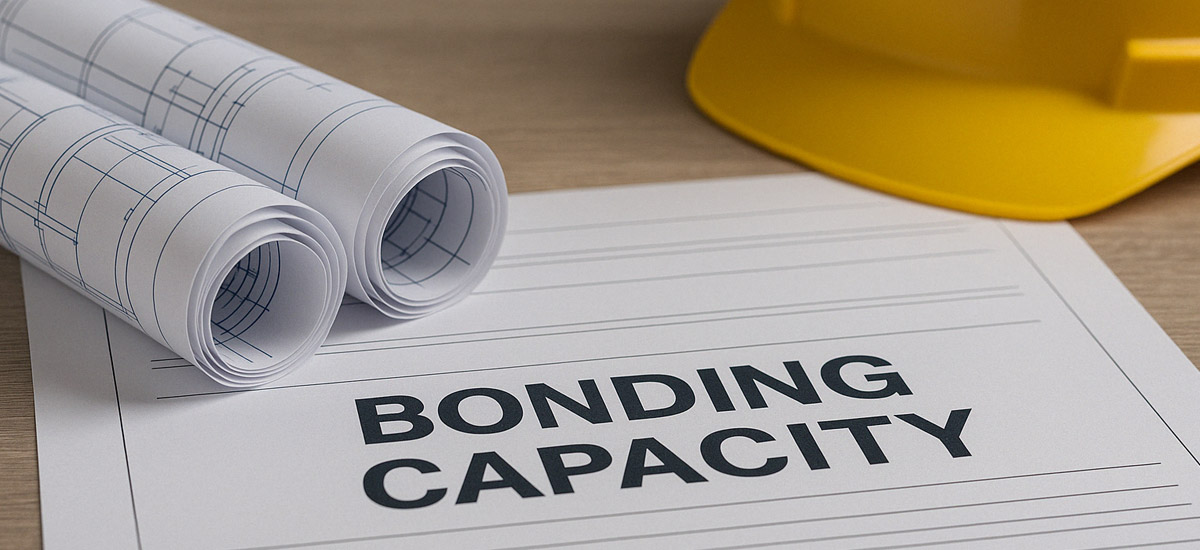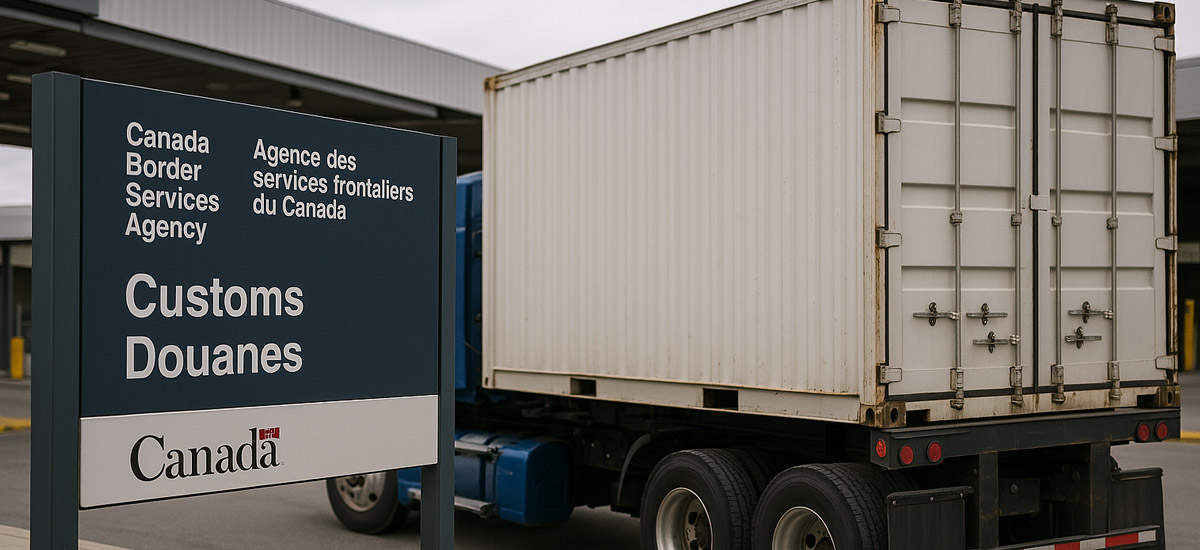With the appropriate approach, buying surety bonds can be a straightforward process. Whether you need a bond to obtain a business license, bid on a construction project, or fulfill an import security obligation, understanding how the process works will help you avoid delays and complications.
This step-by-step guide will walk you through everything you need to know about purchasing a bond; from finding the correct type of bond you need, submitting an initial application, and any bonding maintenance that may be needed.
By following these steps, you can confidently navigate the bonding process and ensure you meet all of the necessary requirements.
Step 1: Identify the Surety Bond You Need
Not all bonds are created equal – some are simple, quick, and can be purchased online with minimal paperwork (computer work), while others require an in-depth underwriting process involving financial statements, net worth evaluations, and a full review of business history.
Understanding the difference helps individuals and business owners prepare for the bonding process and avoid unnecessary delays.
Unsure of which type of bond you need?
Fast & Simple
Certain commercial bonds, especially those that are low-value or low-risk, require minimal underwriters / application details.
Examples of this include small license & permit bonds such as the Electrical Contractors Bond or General Surety Bond (Alberta). These types of guarantees basically only require that you have:
- Not declared bankruptcy in the past 5 years.
- Not caused a claim under a surety bond in the past 5 years.
- Not currently being sued or in court litigation.
Even if some of the above are true, there are still ways to obtain these small licensing bonds quite easily. You can even “self-serve” the issuance of some of these bonds through our website with a quick and hassle-free application, approval, payment, and issuance process.
This can be done on our website through a web browser on computer or mobile device with e-bonds & electronic signatures.
More Complex
Alternatively, if a small commercial bonds value is greater than $100,000 CAD, or if you need a contract bond – a more in-depth underwriting process will be involved.
This includes, but is not limited to:
- Detailed Bond Specific Questionnaire.
- Accountant-Prepared Corporate Financial Statements.
- Personal Net Worth Statements.
- Financial Statements of any affiliated businesses.
- Interim Internal Financial Statements with:
- Balance Sheet
- Profit & Loss
- Aged Receivables Listing
- Aged Payables Listing
- Work In Progress / Work On Hand Reports.
- Resumes & Corporate Profiles.
Contract Bonds, which are essential for construction projects, are among the most detailed to underwrite. It will require the items mentioned above which will determine if the contractor qualifies. If they do qualify, they’ll then need to sign an Indemnity Agreement to establish a “Bond Facility” which is an annually renewable capability to provide contract bonds.
Because these bonds represent significant financial and third party commitment for the guarantor, surety companies need to ensure the applicant has adequate financial strength, experience, reputation and expertise to complete the work / tender being bonded.

Step 2: Find a Licensed Surety Bond Provider
In Canada, you must buy surety bonds through a license bonding broker. We recommend using a surety specialized broker like Bond Connect rather than an insurance broker.
Your bonding broker will then organize a guarantee for you through a OFSI (Office of the Superintendent of Financial Institutions) regulated underwriter. Choosing the right underwriter is the responsibility of your broker, so you only need to select the right broker (Psst, that’s us)!
Your surety bond broker will guide you through the process of how to apply for the bonds you need and give advice on how to put you and/or your business’ best foot forward for the best chance of bond approval.
Step 3: Gather the Necessary Info and Documentation
If you are purchasing one of our online approved products, the information needed will be as straightforward as:
- Name
- Business Name (if applicable)
- Address
- Phone Number
- A few eligibility questions
For larger commercial bonds or contract bonds, sureties will conduct a more thorough assessment including the details we outlined above:
- Financial Statements
- Business Details & History
- Personal Details
- Project History
- and more
Your broker will determine exactly what information & documentation is needed based on the type and amount of the required bond.
Step 4: Answer any Questions Undewriters Have
Once you’ve submitted your initial application for a surety bond, the underwriting process begins. Depending on various factors—such as the type of bond, the complexity of your business structure, the state of your financial statements, or the specifics of the project requiring bonding—underwriters may request additional information.
Their goal is to gain a clear understanding of your financial position, business operations, and the risks associated with issuing the bond.
If there are discrepancies in your financial statements, unanswered questions, or multiple businesses under your ownership, underwriters may need further clarification. Additionally, certain bonds or projects may be unique, requiring a deeper review before approval.
Addressing these inquiries promptly and thoroughly is crucial, as it ensures the underwriting process moves forward without unnecessary delays.
Your bond broker plays a key role in facilitating this process. They will guide you in responding to underwriters’ questions, ensuring that all information provided is accurate, complete, and presented in the best possible light.
By working closely with your broker and supplying the necessary details, you improve your chances of securing approval for the bond you need.

Step 5: Receive a Quote & Provide Indemnity Agreement
Once all underwriting information has been reviewed, a bonding company willing to provide the necessary guarantee will issue a quote. Along with this quote, you will receive an indemnity agreement—a critical document outlining your financial responsibility in the event of a claim against the bond.
While the surety provides the guarantee to the obligee, it is important to understand that you remain ultimately responsible for any losses incurred. In this sense, a surety bond functions similarly to a letter of credit or a credit facility, where financial liability still rests with the applicant.
Before your bond can be issued, you must review, sign, and return the indemnity agreement, confirming your commitment to reimburse the surety if a claim arises.
Once this step is completed and the bond premium is paid, your bond will be ready for issuance.
Step 6: Receive and Submit Your Surety Bond
Once your bond has been finalized, your bond broker will execute it in the required amount and arrange for its delivery. Depending on the obligee’s requirements, the bond may be sent to you via mail or courier, or provided electronically through a secure third-party signature verification system.
Whenever possible, we recommend electronic delivery / verified e-bond, as it significantly reduces processing time while ensuring the bond remains legally valid and properly executed. This is ultimately up to the obligee if acceptable.
Upon receiving your bond, you will need to complete a few final steps before submission.
This typically includes signing the bond, having it witnessed or notarized if required, and affixing your corporate seal if applicable. Once these formalities are complete, you can submit the bond to the obligee who requested it, officially fulfilling your bonding requirement.
For smaller bonds, particularly those under $100,000, this process may be much simpler, with fewer formalities required. However, for larger contract bonds and high-value obligations, a more detailed process ensures all legal and procedural requirements are met.
Congratulations—your bond has been issued, and you’re now ready to proceed with your project or obligation with the assurance of a surety-backed guarantee.
This may not be important to you, but it is necessary for the obligee to feel secure in order for you to proceed with whatever is being bonded.

How to Renew Your Surety Bond
Renewing your surety bond can be simple or more involved, depending on the type of bond.
For smaller bonds, like license, permit, or customs bonds, renewal might be as easy as clicking a link in an email and making a quick credit card payment.
For larger bonds, especially contract bonds, renewal often requires updated financial statements from your most recent year-end. Some may even require a full accountant-prepared financial review.
No need to worry—your bond broker will keep track of renewals, send reminders, and guide you through the process to ensure your bond remains active without interruption.
How to Maintain Your Bond Facility
Maintaining a bond facility requires regular financial updates and ongoing communication with your surety. The frequency of these updates depends on how often you need bonds.
For frequent bond users—such as those requiring bid bonds, performance bonds, and labor and material payment bonds—quarterly updates are typically required. This includes interim financial statements and progress reports on both bonded and unbonded projects.
If you use your bond facility less often, updates may only be required twice per year or at your year-end, especially if your financial position remains strong.
Additionally, there is an annual renewal fee, usually around $2,500, to keep your bond facility active. Establishing a new facility may involve higher initial costs, but once in place, maintaining it ensures quick access to bonding when needed.
Ready to Become Bonded?
Purchasing a surety bond in Canada doesn’t have to be complicated. By understanding the type of bond you need, working with a trusted surety provider, and preparing your financials, you can streamline the process and secure bonding efficiently.
Need expert guidance on securing a surety bond? Contact Bond Connect today for professional advice and fast approvals.






